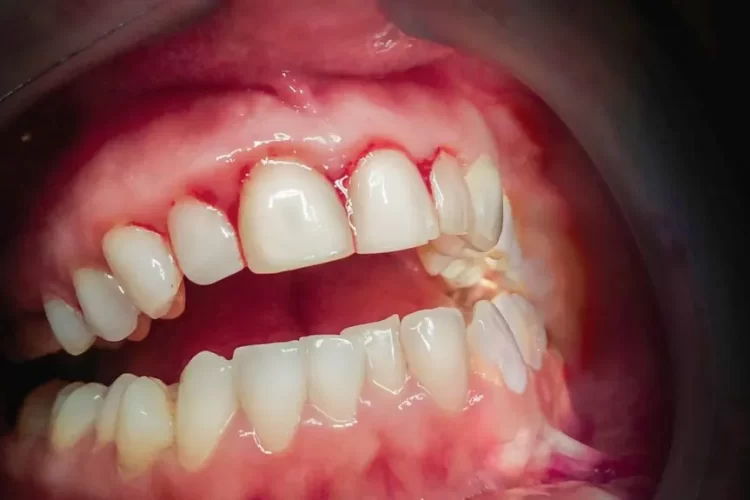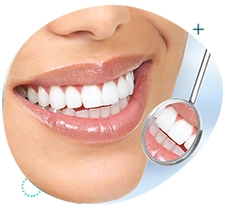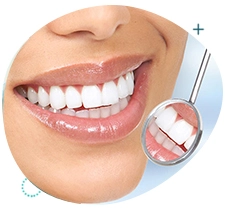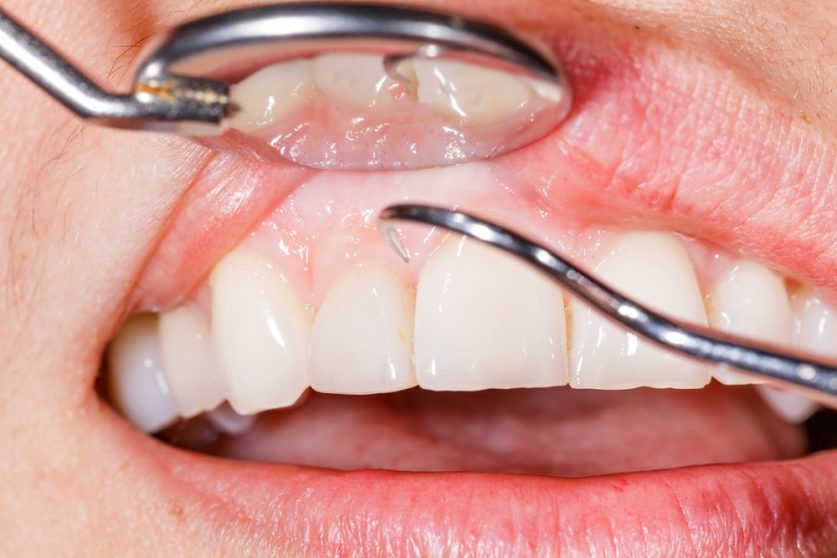What Is The Procedure For Treating Gingivitis?
Are you someone who feels your gum is swollen and can observe redness very often?
This might be due to Gingivitis, also called gum disease. This is the early gum disease which has minimal gingivitis symptoms. Continue reading the article to know more about the gingivites.
What can gingivites lead to?
Dental plaque buildup can irritate a person’s gums, causing inflammation, redness, and pain, leading to Gingivitis.
In contrast, bacterial, viral, or fungal infections can cause nonplaque-induced gingival lesions. Conditions, allergies, and responses to foreign objects like dental prophylaxis paste particles can also bring this kind of Gingivitis.
If either kind of Gingivitis is not appropriately treated, it might develop into periodontitis. A more severe condition, periodontitis, can cause additional problems, like tooth loss.
How to care for or treat the Gingivites?
Here are some of the professional steps followed by a local dentist near me for gingivitis treatment.
● Professional cleaning of the teeth :
Scaling and root planing, or initial professional cleaning, entails removing all traces of plaque, tartar, and bacterial products. Tartar and bacteria are removed from tooth surfaces and the gum line during scaling. In the treatment of gingivitis, root planning eliminates the bacterial byproducts of inflammation, smoothes the root surfaces to prevent future tartar and bacterial formation, and promotes healthy healing. A laser, an ultrasonic device, or equipment may be used to carry out the treatment.
● Dental restoration:
Your gums may get irritated by misaligned teeth or by poorly fitting crowns, bridges, or other dental restorations if needed, making it more challenging to eliminate plaque from your teeth daily. Your dentist might suggest fixing these issues if your teeth or dental restorations are causing your Gingivitis.
● Ongoing assistance:
After a thorough professional cleaning, Gingivitis typically goes away as long as you maintain appropriate oral care at home. Your dentist will work with you to develop a home care regimen that works and a schedule for routine checkups and cleanings.
What steps are to be followed after the professional treatment?
Yes, it is essential to take good care of the oral hygine after professional treatment, and here are some of the steps that will help you in maintaining the gingivites :
- Start by brushing and flossing your teeth twice daily or after every big meal.
- Be conscious of what you eat and drink. Your teeth may be sensitive to extremely hot and cold drinks.
- You need to be aware of the citric fruits and vegetables you intake to prevent sensitivity.
- Along with following these precautions, visiting the dentist regularly is essential.
Wrapping it up :
We hope you acknowledged how this gum disease is treated and what aftercare steps you must follow to prevent gum swellness, redness, or bleeding. In the end, you should visit General Dentist Near Me on time if you see any bleeding in the gum. Moreover, if this is left untreated, then this might lead to further consequences.
















